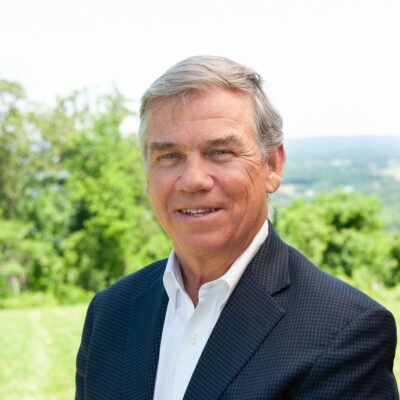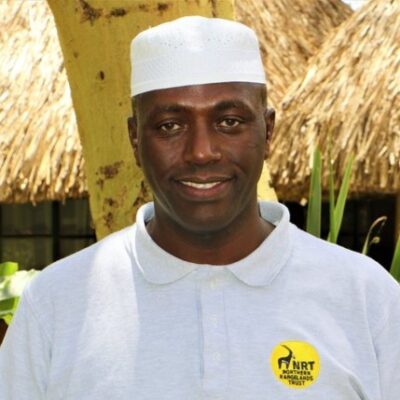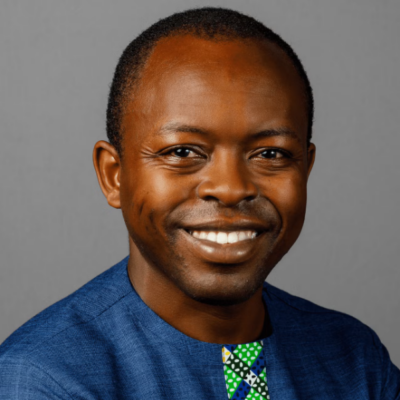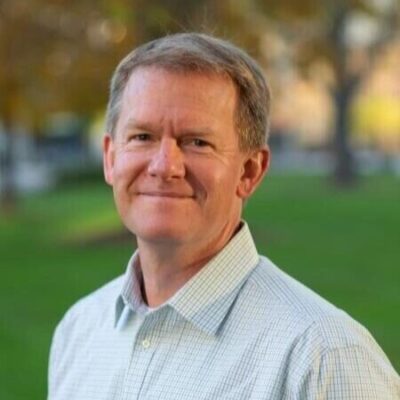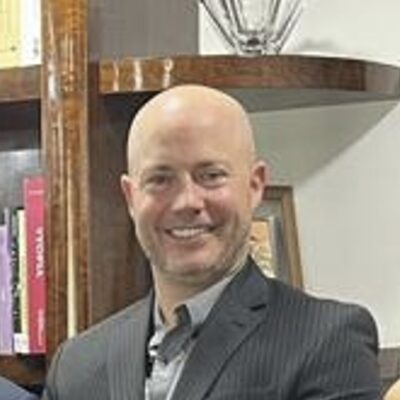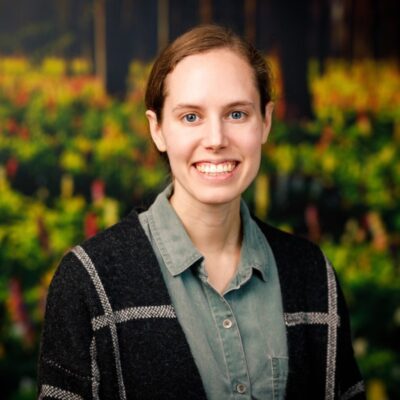Listeners:
Top listeners:
-
 play_arrow
play_arrow
117 | Surviving Survival Internatinal, Part 1: Kenyan Elders Call Foul on International Media, NGOs
-
 play_arrow
play_arrow
116 | From Ticking Time Bomb to Demographic Dividend: James Mwangi and Kenya's Great Carbon Valley
-
 play_arrow
play_arrow
115 | Unpacking Donald Trump's Very Weird Environmental Orders
-
 play_arrow
play_arrow
114 | Michael Greene: Carbon Cowboy or Lone Ranger? Part 1
-
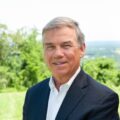 play_arrow
play_arrow
113 | The Future of Environmental Finance: Strategies for Biodiversity and Climate Solutions, with David Hill and George Kelly
-
 play_arrow
play_arrow
112 | Fantasy Football and Dynamic Baselines: New Tools for Impact Assessment
-
 play_arrow
play_arrow
111 | The False Dichotomy Between Reductions and Removals (Rerun)
-
 play_arrow
play_arrow
110| Ecological Economics, Systems Thinking, and the Limits to Growth
-
 play_arrow
play_arrow
109 | How Brazil's Quilombola Communities are Planting the Seeds of Sustainability for Small Farms Around the World, with Vasco van Roosmalen of ReSeed
-
 play_arrow
play_arrow
108 | The Washington Post’s Head Scratcher of a Carbon Story
Transcript
This episode of Bionic Planet is a rebroadcast of David Hill’s podcast, “How to Avoid Moving to Mars.”
In it, Professor David Hill, CBE, speaks with George Kelly, the Chief Executive of Earth Recovery Partners in the U.S. George has been a pivotal figure in the realm of mitigation banking and ecological restoration. Their conversation delves into his extensive career, starting from his early days as an environmental law practitioner to his current role supporting emerging enterprises in the environmental market.
George shared insights into his journey, beginning with his master’s degree in environmental law and his work at a law firm focused on environmental issues, including the Superfund law. He highlighted the importance of viewing the environment as an asset rather than a cost center.
They discussed the evolution of mitigation banking in the U.S., including the challenges posed by in-lieu fees and the need for a level playing field in mitigation practices. George explained the significance of the 2008 Federal Mitigation Rule, which established rigorous standards for mitigation banking and emphasized the importance of long-term stewardship and accountability in ecological restoration projects.
Throughout their conversation, George emphasized the role of private finance in ecological restoration, discussing various funding models such as green bonds and public-private partnerships. He highlighted the potential for these models to drive effective environmental solutions while ensuring that public funds are used efficiently.
As they explored the future of environmental markets, George expressed optimism about the growth of offset markets and the increasing recognition of the inherent value of nature. He pointed to the importance of corporate responsibility and the need for businesses to embrace sustainable practices as a means of driving positive change.
In closing, George shared his admiration for historical figures in the conservation movement, such as Teddy Roosevelt and John Muir, while also acknowledging the contributions of contemporary thinkers like E.O. Wilson. He underscored the necessity of valuing nature and recognizing its role in our economy, urging listeners to consider the long-term implications of environmental degradation.
This episode was not only enlightening but also a call to action for all of us to engage in the vital work of protecting our planet. I hope you find David’s questions and George’s insights as inspiring as I did, and I encourage you to reflect on how we can all contribute to a more sustainable future.
Episodes
116 | From Ticking Time Bomb to Demographic Dividend: James Mwangi and Kenya’s Great Carbon Valley
February 25, 2025
115 | Unpacking Donald Trump’s Very Weird Environmental Orders
January 27, 2025
114 | Michael Greene: Carbon Cowboy or Lone Ranger? Part 1
December 6, 2024

